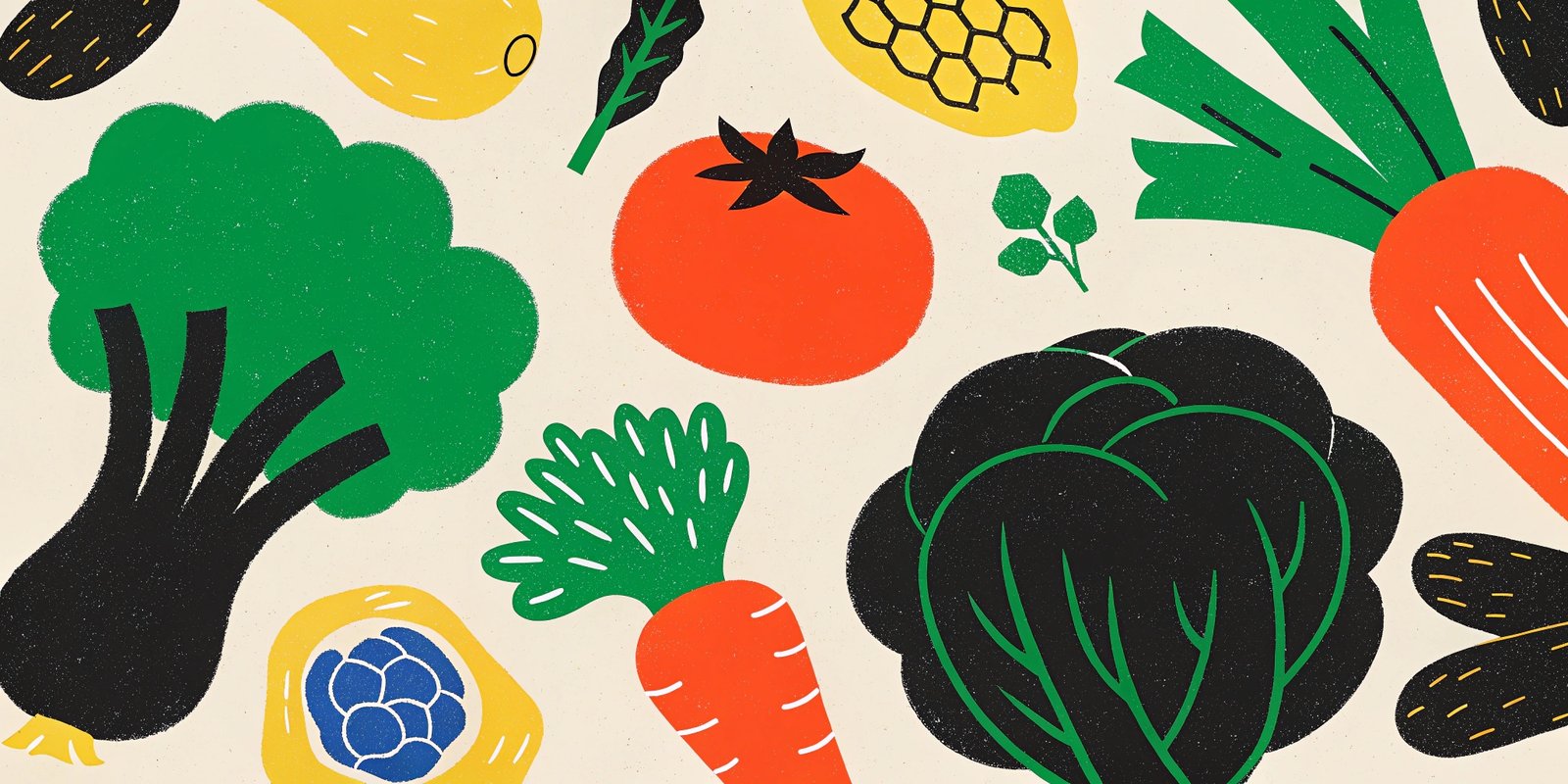Quinoa: The Complete Protein
Quinoa is a grain-like seed that offers a complete protein, making it perfect for vegetarian and vegan diets. It’s rich in fiber and various minerals like magnesium and phosphorus. Incorporating quinoa into your meals can enhance your nutrient intake and keep you feeling full longer.
Blueberries: Tiny Powerhouses
Blueberries are not just delicious—they’re also one of the most antioxidant-rich fruits around! These little gems help combat oxidative stress and may promote heart health. Enjoy them fresh, in smoothies, or as a topping for yogurt to enjoy their benefits.
Chia Seeds: Small But Mighty
Chia seeds are a popular superfood notorious for their high omega-3 fatty acid content. Adding them to shakes, cereals, or baking can significantly increase your nutrient intake. Plus, they absorb water, helping you to stay hydrated.
Kale: The Leafy Green King
Kale is a versatile leafy green that is rich in vitamins A, C, and K. It can be consumed raw in salads or cooked in various dishes. Due to its low calorie count and high nutrient density, incorporating kale into your diet can be an excellent choice for health-conscious individuals.
Greek Yogurt: Creamy and Nutritious
Greek yogurt is a fantastic source of probiotics, which are beneficial for gut health. It’s also high in protein and can be enjoyed on its own or mixed into smoothies and dressings. This superfood supports digestion and boosts your metabolism.
Conclusion
Incorporating these superfoods into your daily diet can help you achieve better health and wellness. By choosing nutrient-dense options like quinoa, blueberries, chia seeds, kale, and Greek yogurt, you’re well on your way to a healthier lifestyle!
We have explored the potential of ketamine therapy for treatment-resistant depression previously, and it is exciting to see the largest study of its kind to date further validating this.
Treatment-resistant depression means that a clients symptoms have not positively responded to previous clinical, therapeutic, or pharmacological interventions.
